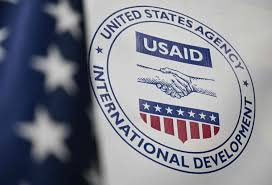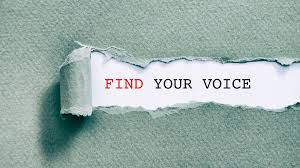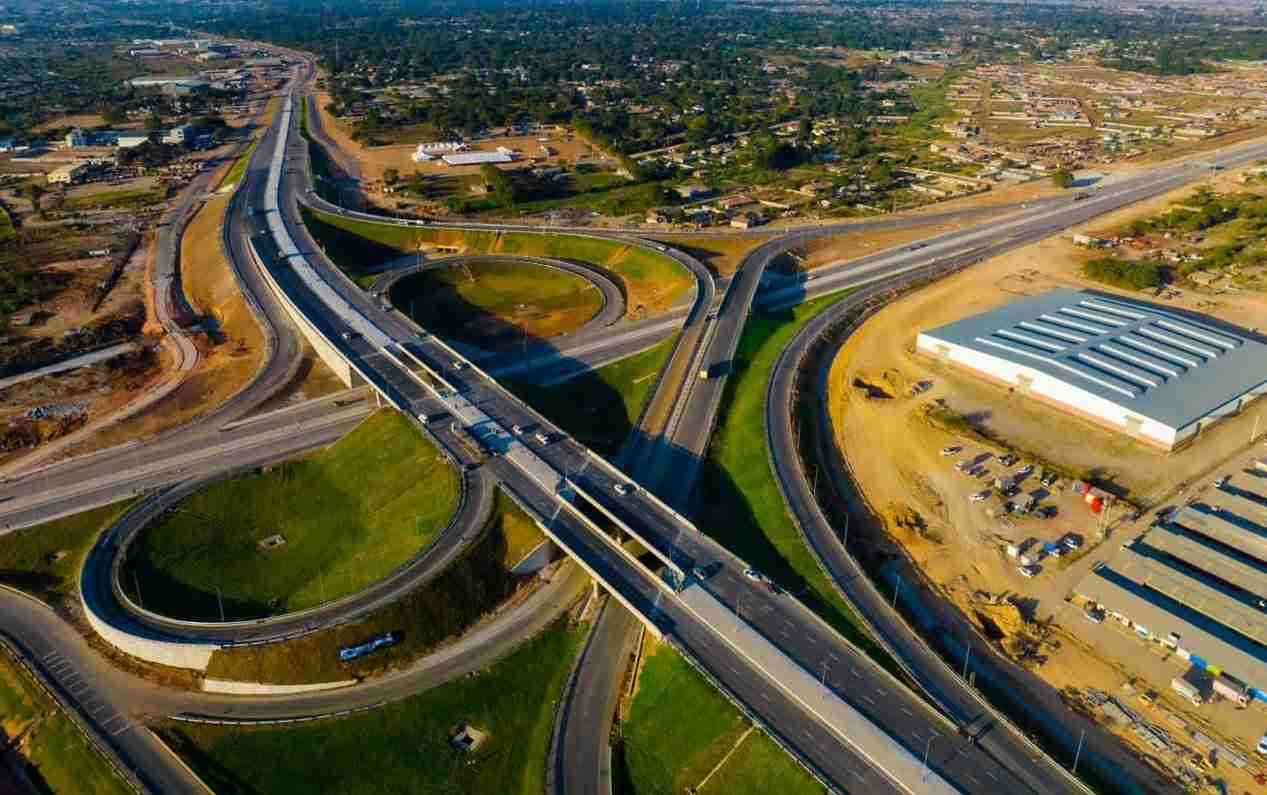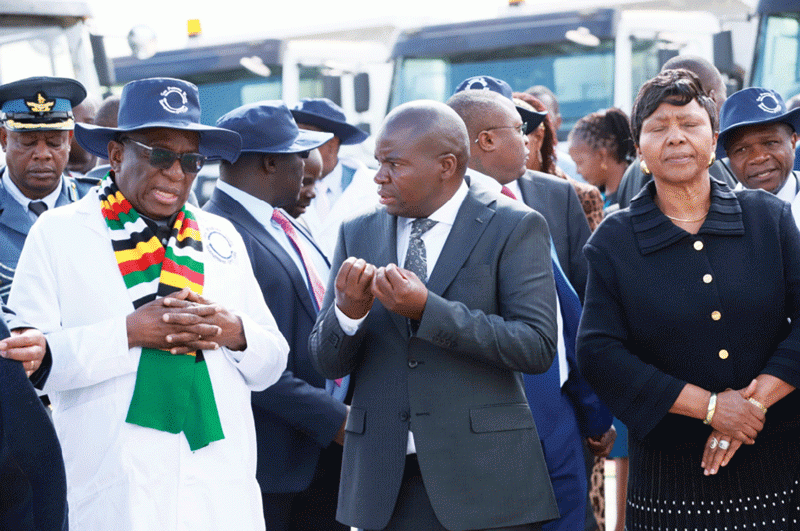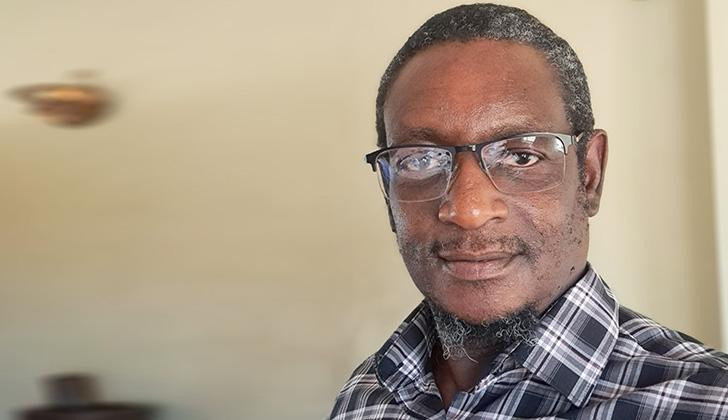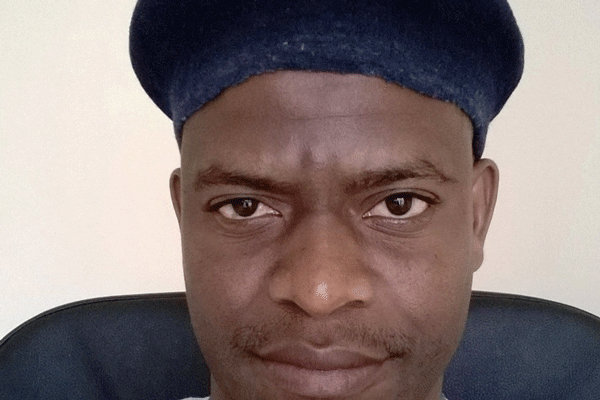
One Friday evening, I stood at a bus stop for a few minutes as I waited for the bus that would take me to Charlestown where Idris Elba’s and Kate Winslet’s film, The Mountain Between Us, was showing.
By MUTSA MURENJE
I wasn’t entirely alone. I was in the company of a dear friend of mine whose ancestry, in terms of origin, is similar to mine. We were brought together by our common humanity, but more importantly, by our studies since we both happen to be investigating issues that have a lot in common.
As an African, I have not forgotten that the African slave trade has been described as “one of the most tragic and disturbing episodes in the history of mankind, and the harrowing experiences of those who endured the ordeal are beyond imagination” (Duncan Clarke).
It is beyond the scope of this monograph though to tackle the “human extremes, encompassing the depths of squalor, brutality, and exploitation” (Duncan Clarke) suffered during slavery.
This tractate has, as its prime motif, the humble submission that Zimbabwe is a nation in political and economic distress and the only way out is when we realise our “inner strength” and unite because there is no way we can be better without the other. Zimbabwe: We are better together!
Mine is a curious mind. Besides, as Harry Truman rightly observed: “Not all readers are leaders, but all leaders are readers.” I believe I am a leader in my own way and I felt I had to read some piece of paper pasted on a board at the bus stop in my vicinity. And so, on this particular Friday, I saw a poster that caught my interest and imagination at the station.
My engagement with the poster was somewhat ephemeral although its effect on me was phenomenal. If it weren’t so, then I wouldn’t be writing about it weeks after I first saw and read it.
- Chamisa under fire over US$120K donation
- Mavhunga puts DeMbare into Chibuku quarterfinals
- Pension funds bet on Cabora Bassa oilfields
- Councils defy govt fire tender directive
Keep Reading
The poster was from Australia’s Newcastle City Council. The council is working on its Newcastle 2030 community strategic plan which “reflects the community’s vision for the city and is our guide for action. It tells us what we are striving to achieve, the strategies we are using to achieve it and the outcomes that will indicate we have reached our goals”.
The poster’s catchphrase, “Better Together”, is what has inspired this piece and just like the Newcastle City Council, I do hope that a time will come when we will be able to identify what we all value in Zimbabwe, what we want to improve and what we need to do to make our country thrive. These aren’t tasks that can be accomplished by a single individual. Zimbabwe needs all of us for her to be where she ought to be. We all need to give our all.
Having read the poster, I took a mental flight to the endless images that I used to watch on ZBC-TV in the late 1990s. I was just an innocent and dependent child. I never imagined that I would one day be independent, having to fend for myself and my own family. As a child, such luxurious thoughts are distant, that is, if they ever exist at all. I don’t remember thinking about the future so seriously that I had to stress.
My needs were met and my responsibilities minimal. Then, we were being promised by our “socialist” (pun intended) government that we would get everything by the year 2000, including education, housing, and health.
The reality, however, is that President Robert Mugabe and his Zanu PF party have continued to preside over the destruction of these key sectors, much to the detriment of millions of Zimbabwean citizens at home and abroad. It was because of their suffering that Zimbabweans challenged Mugabe’s appointment as the World Health Organisation’s (WHO) Goodwill ambassador.
Fortunately, it’s a decision that was rescinded within hours of being made. There was glocal pressure that forced WHO director-general Dr Tedros Adhanom Ghebreyesus to release a statement stating a change of mind on the ill-conceived decision. I wouldn’t want to lie, I had my schadenfreude moments.
However, it’s not always that I celebrate my enemies’ misfortunes. I am a normal human being, I am fragile and I do cry like everybody else. So, I don’t celebrate misfortunes. But the Mugabe misfortune, like Patrick Chinamasa’s before it, is cause for celebration.
For once, there was solidarity that a man responsible for human rights abuses and sanctions by the European Union and the United States could not possibly hold such an important position. If the idea was to honour an African who seems to be doing well, I would recommend South Africa’s Health minister, Aaron Motsoaledi.
He seems to be doing well. This is no time to glorify dictators by trivialising our suffering. Mugabe belongs to the dustbins of political history just like other dictators in their dishonourable graves.
I have thought about Zimbabwe’s much-talked about “Vision 2020” of the early 2000s. What happened to it? We are only a few years before 2020 and do we have any alternative development plan as a country? Neighbouring South Africa has its own National Development Plan: Vision 2030.
The Zimbabwe Agenda for Sustainable Socio-Economic Transformation (ZimAsset) has reportedly become a decorative document anchored on political demagoguery and impossible economic principles in an environment that undermines people’s fundamental human rights. It remains inoperable unless otherwise drastic steps are taken now to align various pieces of legislation with our 2013 Constitution. We can’t afford to undermine constitutional principles for political expediency.
It is not uncommon for Zimbabwe’s tired ruling class to blame Western sanctions for its own political and economic mess.
Cronyism, greed, corruption, and economic mismanagement have nothing to do with Western powers. They have everything to do with us and it is only us who hold the key to changing our political and economic narrative.
Lest we forget, “After years of destruction under imperial forces, African countries have been ruled by a bunch of idle and thieving leaders who continue to blame colonialism and neo-colonialism for their persistent failures. Their governments are usually very corrupt and they have no respect for democratic ideals in their endeavour to remain in power” (Charles Mangongera).
Zimbabwe: We are better together! May God help Zimbabwe!
The struggle continues unabated!

